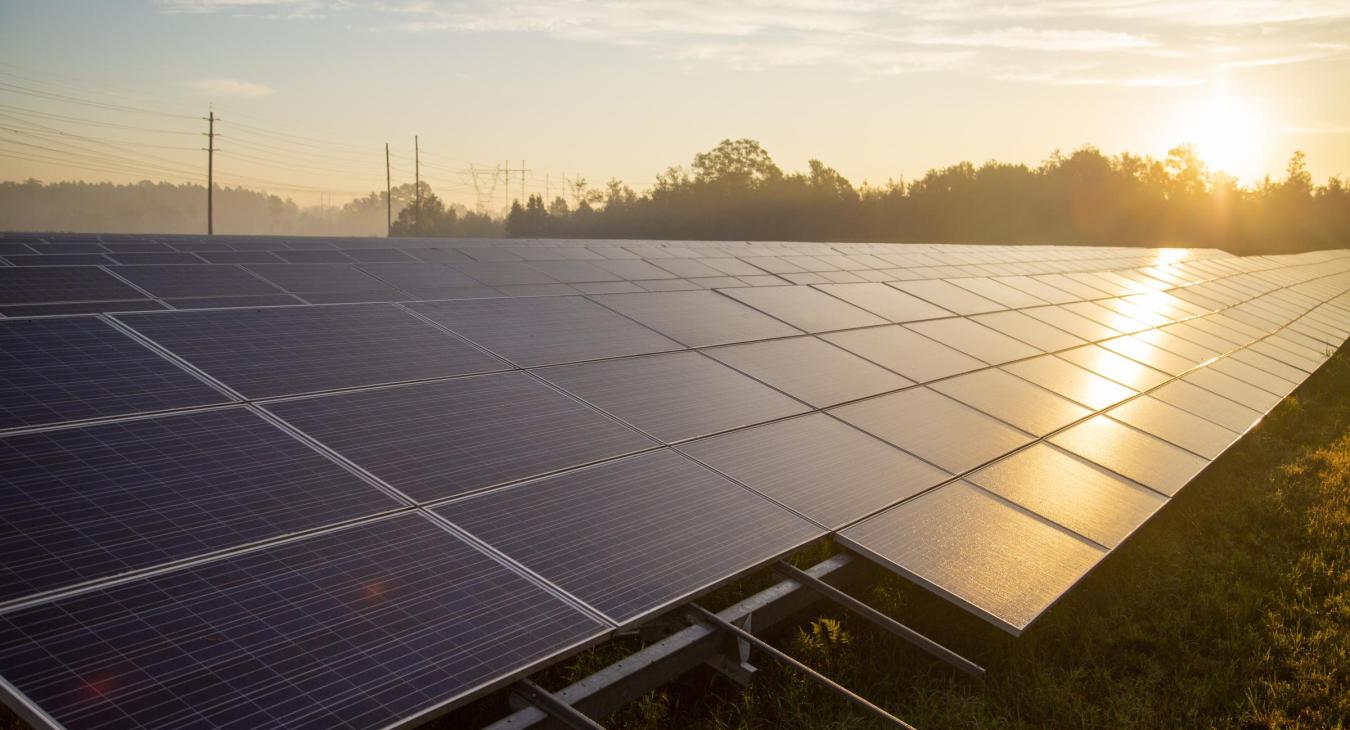Investing in solar is a big decision as the investment is large for a long-term project. Whether you are motivated to put solar on your home or business for environmental, economic, or other reasons, it is important to reach out to your local rural electric utility before you begin the project. Use the following checklist to assist in making an informed decision on solar.
Things to Consider
Determine if your home or business is adequately sealed and insulated and that you have energy efficient space conditioning and appliances. Doing this first may reduce the size and cost of the solar array you need to install. Suppose your property has no wall insulation or minimal attic insulation, or you plan to replace air conditioning, a heat pump, or an electric water heater. In that case, you may qualify for an EnergyWise Program incentive and Federal Income Tax Credits.
Make sure your home or business is ideally suited for solar. To maximize energy production solar systems should be tilted unshaded, oriented to the south and tilted 20 to 40 degrees. East or west-facing systems will reduce energy production by approximately 17% and 15%, respectively. Northerly will reduce energy production by approximately 35%.
Make sure your roof is in good condition (or location for a ground mount system) with ample southerly, westerly and/or easterly space to support solar panels and racking system.
For the safety of utility crews, PV solar systems automatically shut down and are not available for backup power during a utility outage unless a specialized inverter or a battery storage system is included in the project that prevents back-feeding to the utility distribution system.
Review your annual electric energy history to see how much you would like to reduce through onsite generation. Contact your rural electric utility to request a copy of your home or business’ electric billing history report.
Financial Considerations
Acquire multiple quotes from different solar contractors. A list of Solar Trade Ally contractors is available on www.nppd.com. These contractors have committed to the Solar Trade Ally requirements.
Financial savings is primarily achieved by reducing the energy you will need to purchase from your rural electric utility. The value of that energy is determined by the energy rate component of your electric bill.
Customer charges will continue to be assessed no matter how much energy your system produces. The fixed customer charges recover costs to build and maintain infrastructure and provide customer account support to provide highly reliable service.
When reviewing solar proposals, make sure the correct energy rate, customer facility charge, and a reasonable annual rate adjustment factor are being used. Projected financial savings should be calculated based on the current energy rate.
According to the Energy Information Administration’s Annual Energy Outlook, nominal (not adjusted for inflation) retail electric rates are projected to increase up to 1.5% annually over the next 30 years for the west north-central region. Understand what annual rate escalation amount your contractor is using in their proposal.
Familiarize yourself with the Federal Investment Tax Credit and low-interest financing offered by the Nebraska Department of Environment and Energy’s Dollar and Savings Loan Program for residential and commercial PV solar projects. Commercial PV solar projects can also qualify for additional Federal tax credits through accelerated depreciation Modified Accelerated Cost-Recovery System, and the USDA Rural Development Rural Energy for America Program.

